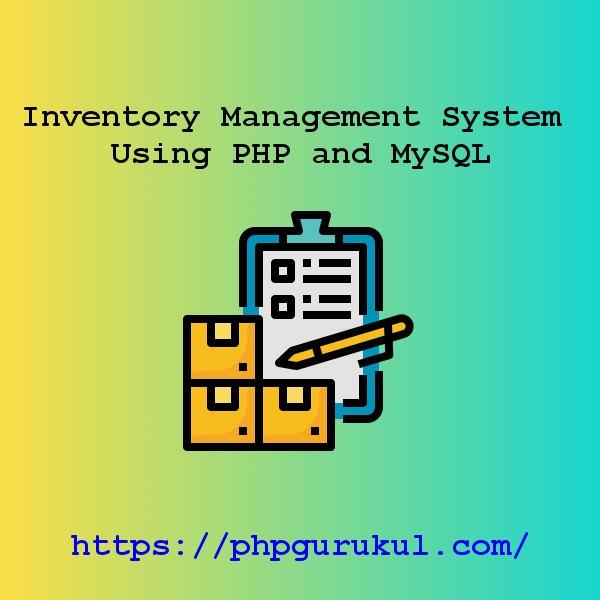

Maintenance, repair, and operations goods (MRO): MRO are materials and equipment that are used in production but do not count as part of the final product. When a WIP is complete, it becomes part of finished goods inventory. WIPs take account of production costs such as labor, raw materials, and equipment, which are then later attributed to cost of goods.įinished goods: Finished goods are products that are available in stock for customers to buy. Work-in-progress (WIP): WIP is a partially finished product that is waiting to be completed. They may come from one or more suppliers. Raw materials can include metal, plastic, fabric, or wood that are used to create finished goods. Usually, they appear in the early phases of production. Raw goods: Raw goods are materials used in the manufacturing of products. There are four main types of inventory, as follows:

Poor or outdated processes and inventory management systemsĬhanges in customer demand as needs and desire changeĭifficulty navigating a warehouse to locate specific products The main challenges in inventory management is keeping too much inventory that the company is unable to sell, lacking the inventory to fulfill orders that come in, and not tracking inventory correctly. Satisfies customers with timely deliveries Prevent overspending on warehouse storage Here are some benefits of an inventory management strategy: Having effective inventory management helps contain costs and ensure businesses have the correct amount of stock. It also cuts down on excess inventory.Įfficient inventory management can streamline production and fulfillment processes for a business. Inventory management impacts production, warehouse costs, and order fulfillment. It also provides critical data to help businesses respond to trends, avoid breakdowns in supply chain management, and maintain profitability. This includes managing the warehousing and processing of raw materials, components, and finished products.Įffective inventory management keeps a company organized. Inventory management is the supervision of a company’s inventory, including the processes for producing, ordering, storing, and selling products in the market. In this article, learn more about inventory management, why it’s important, and the different careers in this field. Whether you’re interested in pursuing this career path or have your own business, inventory management is important for today’s companies.


 0 kommentar(er)
0 kommentar(er)
